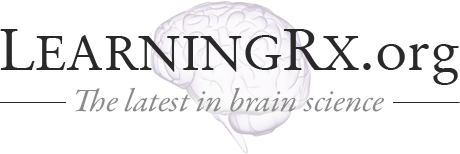Gibson Institute of Cognitive Research Opens
Scientific Foundation Focuses on Cognitive Training Results and Development
A new scientific organization dedicated to analyzing the results of cognitive training has opened in Colorado Springs, Colorado. The mission of the Gibson Institute of Cognitive Research is to conduct empirical research on cognitive training programs and assessments, and to communicate the latest research findings to the education and cognitive science communities.
“In addition, we’ll be providing opportunities for students, faculty and researchers to participate in research projects that use our cognitive training and assessment instruments,” says Director Amy Moore. “We also want to inform the practices of cognitive trainers through rigorous testing of training programs and procedures in both the laboratory and ecologically valid training environments.”
The institute is named for Dr. Ken Gibson, a pioneer in the cognitive training field who has developed cognitive training programs and assessments over the last four decades. While running his clinical practice, Dr. Gibson and his team trained more than 600 educators, psychologists, and clinicians to deliver comprehensive one-on-one cognitive skills training. Over the last 10 years, he and his team have continuously studied the results of learning and cognition research to hone these commercially available cognitive training programs and to develop new targeted math and reading interventions. His programs have been highly successful not only with thousands of struggling children, but also with those suffering from age-related memory loss and traumatic brain injury.
According to Moore, the impetus behind the formation of the institute was to put a more focused and purposeful effort into communicating the incredible amount of data on the significant success of cognitive training. “Although Dr. Gibson’s cognitive skills training programs have been researched and analyzed in the past, the creation of the institute will provide an even larger vehicle for researchers to dig more deeply into the science and publish their results,” explains Moore.
For now, the two main research areas of the Gibson Institute are cognitive training and cognitive assessments. Research activities will include pre-test/post-test quasi-experimental and experimental designs, prediction studies on archived student data, pilot testing of new and revised cognitive training procedures, and norming of cognitive assessment instruments, including the recently revised Gibson Test.
Schools and university faculty members seeking a possible research partnership, and students looking for a topic for their doctoral dissertation are encouraged to contact the institute.
For more information, visit www.gibsonresearchinstitute.org or contact Amy Moore, Director, at amoore@gibsonresearch.org.






